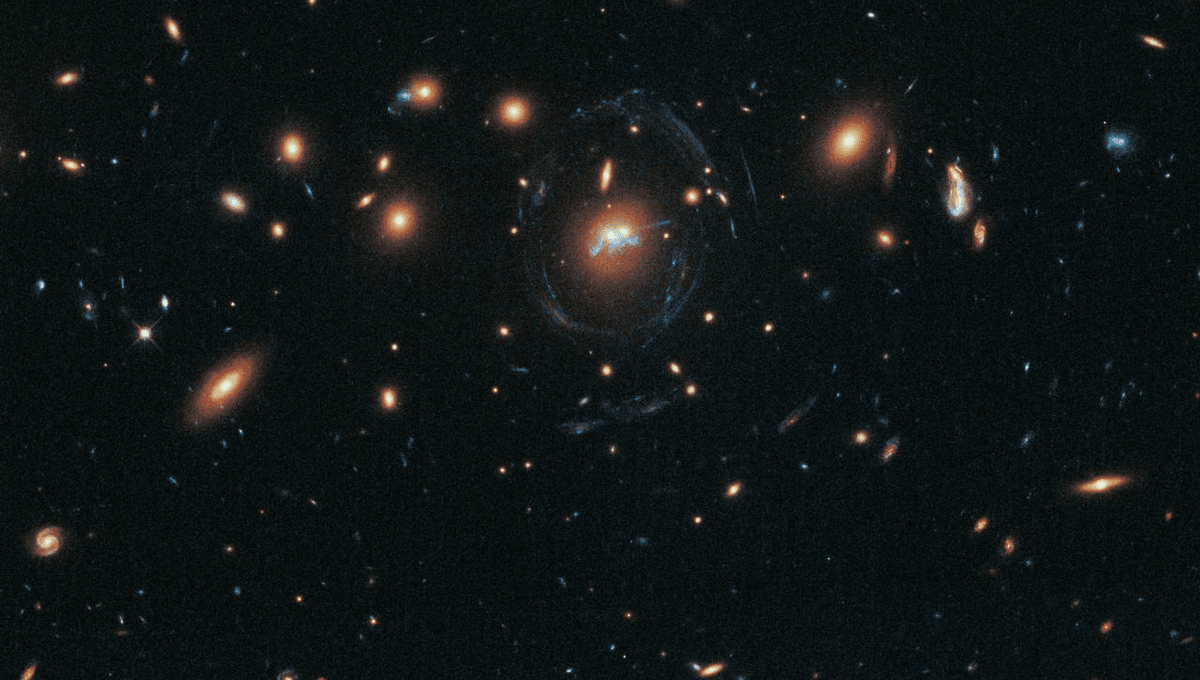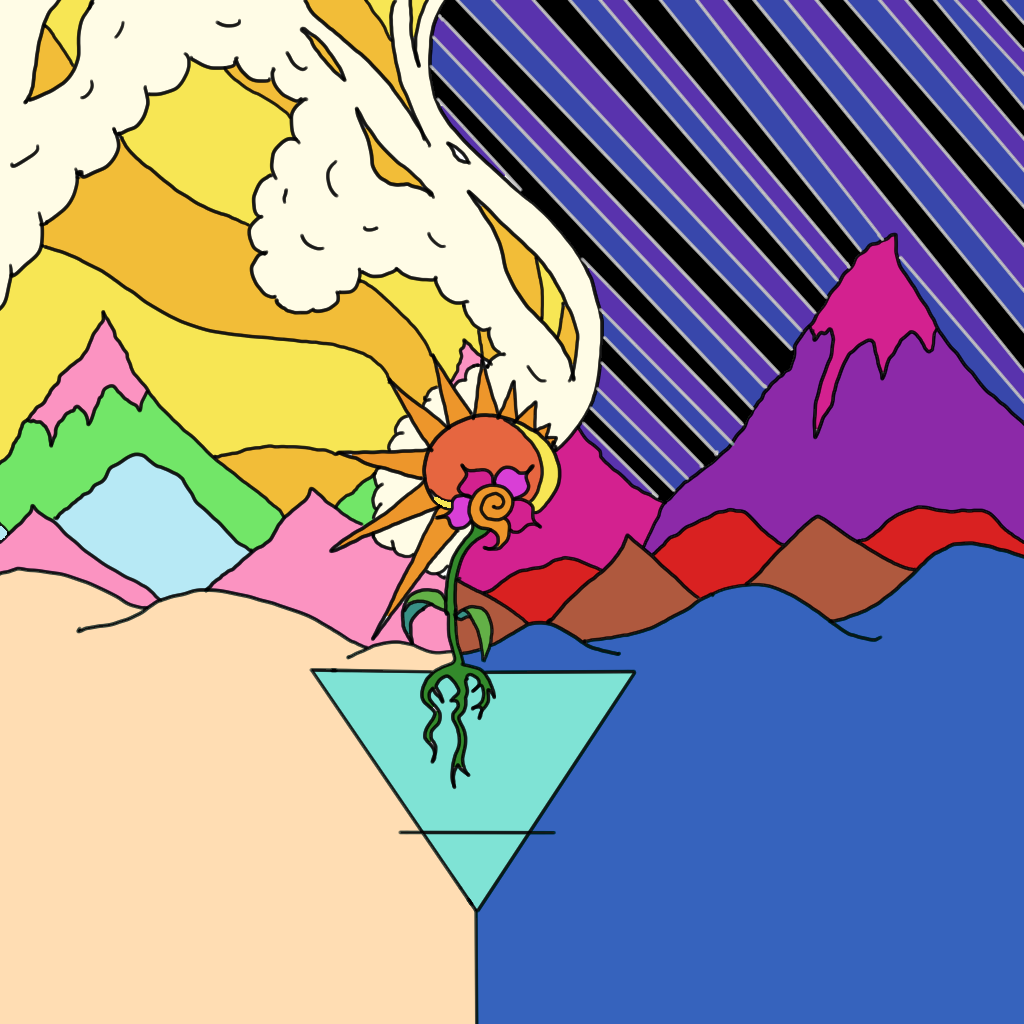- cross-posted to:
- [email protected]
- cross-posted to:
- [email protected]
One question not raised by the article is: if the observable universe is, in fact, one giant black hole, does that mean our contents are coming from an unobservable universe being absorbed by that black hole? 🤔 This makes my brain hurt just thinking about it.
Maybe we are viewing it inside out and the expanding phenomenon isn’t driven by expanding towards the outer limits by energy of big bang, but rather being drawn in to an infinitely small center by a black hole.
deleted by creator
Found this https://en.m.wikipedia.org/wiki/Black_hole_cosmology
… Or, the Big Bang was a supermassive white hole that was the result of a supermassive black hole at the heart of a galaxy in our parent universe
deleted by creator
This is roughly theoretical physicist Lee Smolin’s fecund universes theory. That on the other side of black holes are other new universes and that our own is the other side of a black hole from a parent universe, etc.
The thing about a black hole is that the singularity is actually a forward point in time relative to the outside.
Space and time are the same, so in a space where space is bent so hard that everything falls in, time is likewise bent wildly out of shape.
So basically what this would imply is that the big bang is the point at which the black hole finally exploded and unleashed the built up matter that all reached finally the singularity point at that instant.
I saw the graph the other day in a Facebook s-posting group. I was struck by it because it was the most information dense image I had ever seen given that it contained the whole universe and a little bit extra. But it came with no article so I’m glad to finally have one even if it’s from IFLS.
deleted by creator
Doesn’t that not mesh with the whole “space is constantly expanding” thing?
If the observable universe was all in a black hole, everything would be moving closer together as we get pulled toward the singularity.
…right? Definitely not my area of expertise, but the little I do know is raising a few flags.
Things nearest the center would move towards the center at an accelerated rate. So observation from the perspective of an object falling in the black hole could be everything is expanding? Since everything is getting compressed as it goes toward the center. I’m not an expert on anything but it seems like an intriguing concept.
deleted by creator
Iflscience is a pop science website. There’s no guarantee this isn’t bullshit.
You can just read the submission in the AJP issue: https://pubs.aip.org/aapt/ajp/article/91/10/819/2911822/All-objects-and-some-questions
deleted by creator
From the article:
we learn that the entire observable universe – the area that sits within the “Hubble radius” is also on that line. In other words, if a black hole was as large as the universe we can see, it would have the same density as the universe.
Not saying any of this makes sense, but you seem to be working with different assumptions.
Another narrative could be: As mass gets added to the black hole, it (the universe) grows.
deleted by creator
There’s also an event horizon where space is expanding away from us rapidly enough that we can never get that far no matter how long we travel.
deleted by creator
This website has been pumping out sensationalized garbage for over a decade now
@MüThyme @[email protected] & all.
I still hope for the day when someone will come up with a universe (model) where ordinary matter inside the Hubble sphere stays constant. My reading of the first paragraphs of this article went that way.
However, following the line upwards we learn that the entire observable universe – the area that sits within the “Hubble radius” is also on that line.

Unfortunately, baronic (energy//matter) is escaping from this Hubble sphere. At the present time we don’t know (or don’t have) a good mechanism to replace it. Even worse if the first law of thermodynamics applies then we won’t find such a mechanism.
As the universe within the Hubble radius has grown in size, so has the total mass/energy thanks to increasing dark energy.
So, on the other hand, the increase of dark energy seems to violate this first law. I still hope.
deleted by creator
I still like the 3-tauroid theory best, since it can be extended to imply that the universe is expanding and contracting over an infinite period of time extending both forwards and backwards.
Basically, it implies that the universe is breathing, and every fresh inhale births a new possible configuration within infinity, meaning I’ve already explained this to you infinite times, and will again infinitely more times, and just as, you have explained and will explain it to me infinitely as well.








